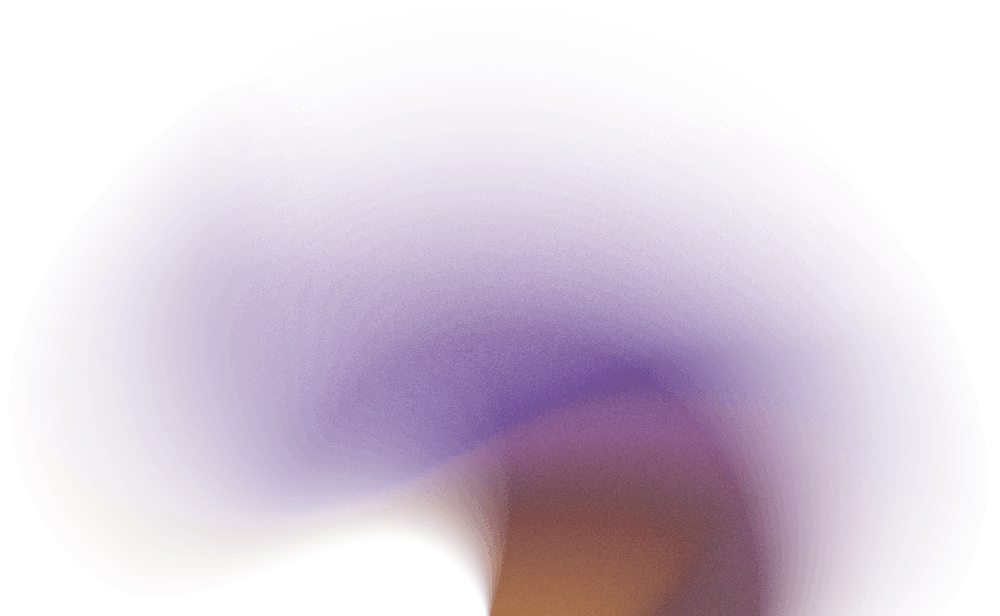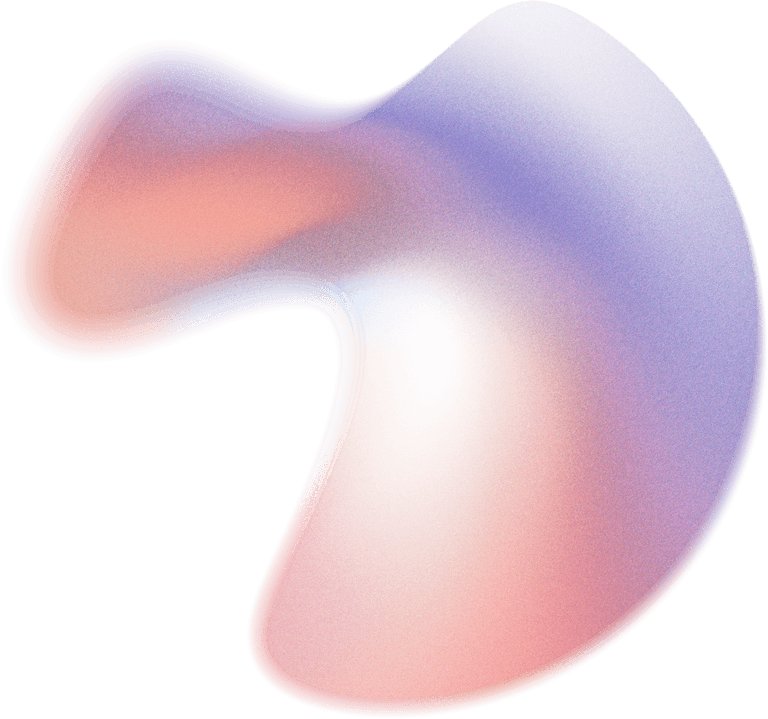Sugar

Hypnotherapy for Sugar Cravings
The reality of Sugar Addiction

Sugar is more than just a sweet indulgence—it is scientifically proven to be addictive. While self-discipline and dieting can play a role in reducing sugar intake, research shows that excessive sugar consumption physically alters the brain, creating intense cravings that are difficult to control.
When consumed, sugar triggers the release of chemicals such as dopamine and endorphins, which produce feelings of pleasure, relaxation, and comfort. Over time, the brain adapts to these rewards, increasing the desire for more sugar to achieve the same effect. Studies have even shown that sugar can be as addictive—if not more—than drugs such as cocaine and heroin, making it exceptionally challenging to cut from our diets.
Sugar Intake
The scale of sugar consumption in Australia
The average Australian consumes more than 58 kilograms of sugar per year. To put this into perspective, for a typical family, this equates to purchasing and consuming four full bags of sugar each week—often without realising it. Hidden sugars are present in everyday foods, making it difficult to monitor intake.
The Australian Bureau of Statistics estimates that Australians consume approximately 160 grams (30 teaspoons) of free sugars daily, much of which comes from added sugars in processed foods and beverages.
Average australians consumes sugar per year
The amount of sugar Australians consume daily.
Adults were classified as overweight or obese in Australia.
Health Implications
The impact of excessive sugar on health
A diet high in sugar has been linked to a wide range of serious health issues, including:
Excess sugar is stored as fat in the body, contributing to weight gain.
Overconsumption of sugar increases the risk of developing type 2 diabetes.
High sugar intake has been associated with increased risk of cardiovascular disease.
Excess sugar can overload the liver, leading to long-term damage.
Sugar feeds harmful bacteria in the mouth, leading to cavities and dental issues.
Our bodies are not designed to process the high levels of sugar present in modern diets, making it crucial to recognise and control consumption before long-term health consequences arise.

Sugar cravings are hard to overcome
Sugar and Weight Loss Challenges

Many people struggling with weight loss find that sugar is a major obstacle to achieving their goals. Even with a balanced diet and regular exercise, excessive sugar intake can undermine progress. Processed foods marketed as “healthy” often contain hidden sugars, misleading consumers and making it difficult to track daily intake.
For those who attempt to cut back, the cycle of sugar addiction often leads to short-term success followed by relapse. Restrictive diets may help for a few weeks, but cravings return, leading to increased consumption and frustration. Hypnotherapy for sugar addiction offers a deeper approach—one that addresses the psychological and habitual aspects of sugar dependence.
Overcoming sugar addiction is not just about willpower—it requires a structured and sustainable approach. By understanding how sugar affects the brain and recognising its hidden sources, individuals can take control of their health and make long-term changes.
If you find yourself struggling to reduce sugar intake despite your best efforts, hypnotherapy for sugar addiction offers effective strategies available to help rewire cravings and establish healthier habits. With the right support, breaking free from sugar dependence is achievable, leading to better health, increased energy, and long-term well-being.
